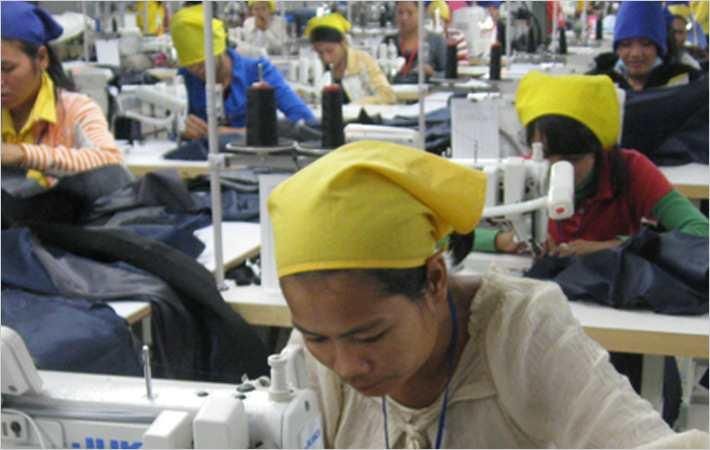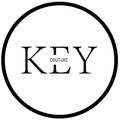UK to continue duty-free access for LDCs post-Brexit

The commitment to least developed countries (LDCs) means that around 48 countries across the globe, including Bangladesh, Cambodia, Haiti and Ethiopia will continue to benefit from duty-free exports into the UK on all goods other than arms and ammunition, known as ‘everything but arms’.
On leaving the EU, the UK government will also explore options to expand on relationships with developing countries such as Jamaica, Pakistan and Ghana – all of which currently benefit from a mixture of reduced or zero tariffs on the goods they export to the UK – as well as maintaining existing trading arrangements and avoiding costly tariffs.
The government continues to deliver improved support to these countries by helping them break down the barriers to trade, supporting critical trade infrastructure like ports and roads, and building trade skills in those countries, so that they can take better advantage of trading opportunities.
“Our departure from the EU is an opportunity to step up to our commitments to the rest of the world, not step away from them. Free and fair trade has been the greatest liberator of the world’s poor, and today’s announcement shows our commitment to helping developing countries grow their economies and reduce poverty through trade,” international trade secretary Liam Fox said.
“Helping developing countries harness the formidable power of trade means we are not only creating trading partners of the future for UK businesses, but supporting jobs at home too. Building a more prosperous world and supporting our own long-term economic security is firmly in all our interests,” said international development secretary Priti Patel.
Around £20 billion a year of goods are shipped to the UK from these developing countries, accounting for around half of UK’s clothing, a quarter of our coffee and other everyday goods such as cocoa, bananas and roses.
Without these trading arrangements, clothing, for example, from some of the poorest countries could face tariffs of over 10 per cent, which could be passed on to UK consumers through higher prices at the till.
In 2015, the UK imported textiles worth £7.8 billion from countries which benefit from preferential access to UK markets. These accounted for 45 per cent of all the UK’s textile and apparel imports. (RKS)
Fibre2Fashion News Desk – India
































-Ltd..jpg?tr=w-120,h-60,c-at_max,cm-pad_resize,bg-ffffff)





.jpg?tr=w-120,h-60,c-at_max,cm-pad_resize,bg-ffffff)
.jpg?tr=w-120,h-60,c-at_max,cm-pad_resize,bg-ffffff)






